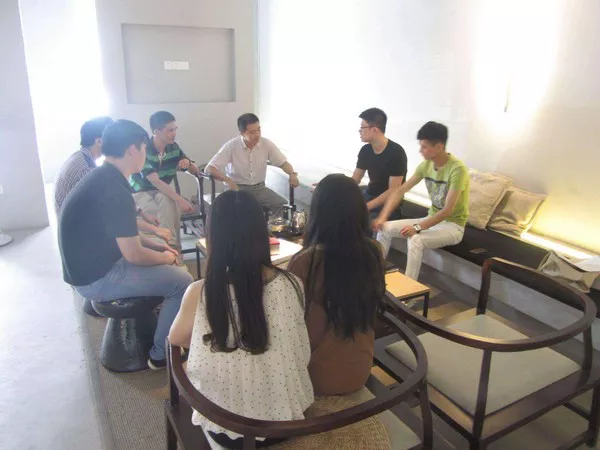In an era of hyperconnectivity, loneliness has paradoxically become one of the defining crises of our time. Recent studies from Harvard University and the American Psychological Association reveal that nearly 60% of adults report feeling lonely, with a significant portion attributing this to the difficulty of forming and maintaining meaningful friendships in adulthood. Unlike childhood or adolescence—when friendships often form organically through school or extracurricular activities—adult friendship requires intentional effort that many find exhausting in today’s fast-paced world.
One of the biggest barriers to adult friendship is the decline of “third places”—social environments outside of home and work where people can gather without pressure. Coffee shops, community centers, and social clubs once served this role, but rising costs, remote work, and digital substitution have eroded these spaces. A report from the Brookings Institution found that the number of third places in urban areas has decreased by 35% since 2000, leaving many adults with few opportunities to meet potential friends naturally.
Another major factor is the “friendship recession” caused by societal shifts. People are marrying later, moving more frequently for jobs, and prioritizing career advancement over social bonds. The result is a generation of adults who, despite having hundreds of online connections, lack deep, in-person friendships. Psychologists warn that this isolation has severe mental health consequences, including increased risks of depression, anxiety, and even cardiovascular disease.
Some cities and organizations are attempting to reverse this trend through “friendship initiatives.” Meetup has seen a resurgence in platonic social groups, while apps like Bumble BFF and Friender aim to facilitate friend-matching. However, experts argue that systemic changes—such as workplace policies encouraging social connection and urban planning that prioritizes communal spaces—are needed to truly combat the loneliness epidemic.
Related topics:



















